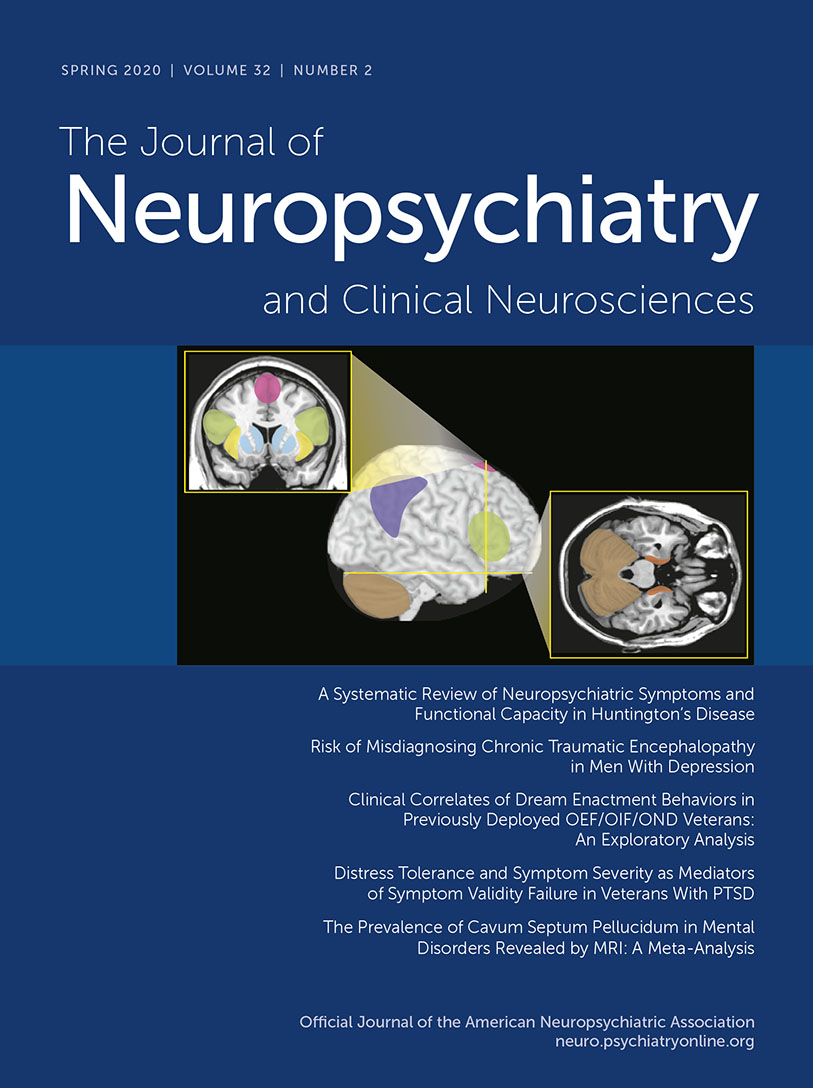Apathy in Obsessive-Compulsive Disorder and Its Psychological Correlates: Comparison With Individuals With Schizophrenia
Abstract
Objective:
Apathy, defined as reduced goal-directed behavior, is a frequent symptom in mental and neurological disorders but has been poorly studied in individuals with obsessive-compulsive disorder (OCD). The primary aim of this study was to examine levels of apathy between individuals with OCD, healthy control subjects, and individuals with schizophrenia, a mental disorder with high levels of apathy. The second aim was to assess whether the psychological factors that have been previously shown as underlying apathy in other mental disorders were associated with apathy in patients with OCD.
Methods:
This exploratory study included 25 individuals with OCD, 24 individuals with schizophrenia, and 24 healthy control subjects. Apathy was assessed using the Lille Apathy Rating Scale. Measures of depression, sensibility to punishment and reward, defeatist performance beliefs, and cognitive functioning were also assessed.
Results:
Individuals diagnosed with OCD and schizophrenia scored significantly higher than healthy control subjects on the apathy total score. Levels of apathy among OCD patients were mainly associated with depression but also dysexecutive functioning and defeatist beliefs.
Conclusions:
These findings suggest that motivational deficits could play a central role in disability caused by OCD. Similar to other mental disorders, various psychological factors, including depression, defeatist beliefs, and dysexecutive functioning, are involved in apathetic manifestations. However, the fact that depression is the variable most associated with apathy indicates that apathetic symptoms in patients with OCD must be considered mainly as secondary rather than primary symptoms.



